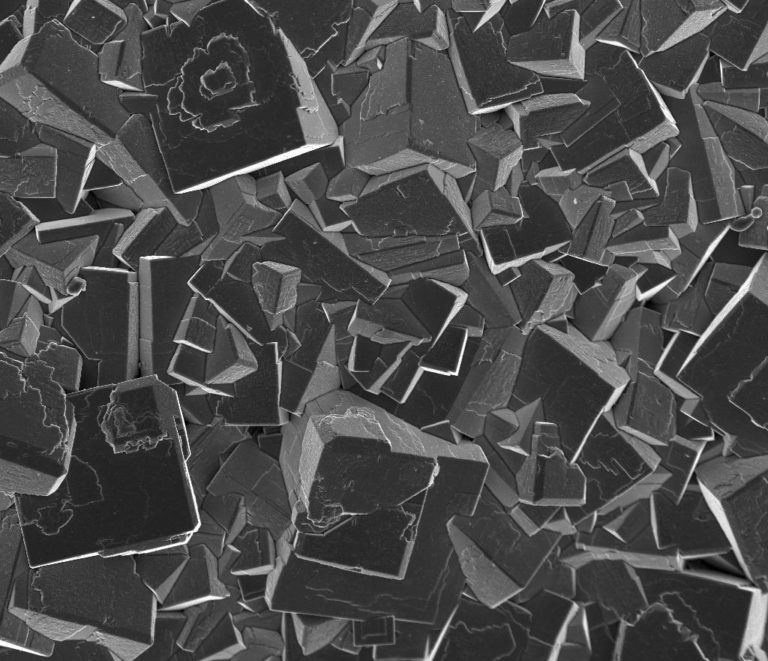Melissa N. Stein’s Measuring Manhood tackles the complex intersections of race, gender, sexuality, and their attendant “sciences” across a century of US history. While the burgeoning fields of ethnology and sexology were equally prominent in Europe during this period, her focus on the US specifies the ways in which American “racial scientists” and sexologists differed from their European counterparts, as their research was often used to justify or bolster nation-specific cultural norms and legislation. The concept of masculinity was not simply a matter of “manhood” in the narrow sense, but carried with it a glut of other associations: humanity, civilization, citizenship, intelligence, morality, whiteness, cisgender heterosexuality, and middle-class restraint. Stein manages to convey the complexity and reciprocity of these constructions in each chapter with careful argumentation and ample examples.
Keyword: African American
Review of In the Wake: On Blackness and Being by Christina Sharpe (Duke University Press)
Christina Sharpe’s “In the Wake: On Blackness and Being” addresses issues of citizenship, racial violence, and black mortality, meshing her personal experiences surrounding death and “the wake” with a sharp critique of cultural structures, as well as a reimagining of slavery, funeral, and death metaphors. In the wake of so many “ongoing state-sanctioned legal and extralegal murders of Black people,” Sharpe’s argument that black death is a foundational aspect of American citizenship encourages readers to acknowledge the antiblackness embedded in the past, present, and future of American (and by extension, Transatlantic) democracy (7). With the continued and encouraged proliferation of black death in the global diaspora, Sharpe’s study will, hopefully, usher in more woke scholarship that questions pervasive antiblackness.

